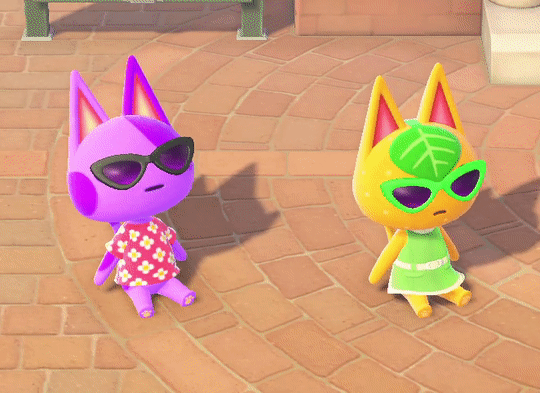An Idea of Silence…
What would you hear if you paused for a moment and just listened?
For me, it’s my laptop’s ridiculous graphics card fans whirring, cars driving slightly too recklessly over speed bumps near my home, and the low hums of family talking in the garden. These tones have become familiar to me, and I don’t pose questions or concerns about them. These are the sounds I expect and understand to be the noise of home.
In our daily lives, we experience a lot of noise from a million different sources, which has become oddly too normal for the modern human condition. Like most, I never truly acknowledged the issue of constant sound. That was until I put on a pair of noise-cancelling headphones and delved into the masterclass of game design, The Outer Wilds.
Find a little space.
The Outer Wilds is a space exploration title that tasks individuals to explore a solar system and grow to understand the universe around them. As the ‘Groundhog Day’ of space adventures, you have 22 minutes to gain new knowledge of this world before the sun implodes into a spectacular blue supernova, destroying all locations and characters you have grown fond of throughout your travels. At this point, you wake up by a campfire to start your journey once again. During this time, the player is never given a hard brief of what they should be doing or where they should travel next. Instead, the developers rely on emergent gameplay, providing the player with rumours, conversations and visual hints that continue to add to the lore of the world you inhabit. At the end of it all, the eagle-eyed adventurer can discover what caused the implosion of the sun, find the last surviving individual of a lost race and make a one-way trip to the centre of the universe.
From that description, you may wonder why this title is relevant to the concept of noise. The answer is in audio composer Andrew Prahlow’s fascinating approach when designing sound for the world around you. Instead of giving in to the pressure of traditional AAA video games and implementing dynamic music that changes with every situation the player finds themselves in, Andrew instead decided to fill the bulk of the world with nothing. As you fly through the vastness of space, you are simply left with your thoughts, trusted with time to plan your next destination or even encouraged to consider ideas exterior to your game world. Andrew truly leaves you to reflect in the silence, which is a beautiful change.
Andrew, however, isn’t the only individual providing the opportunity for silence to players. As an industry, interactive worlds have always been great at identifying and fulfilling the needs of their audience.
The mindfulness movement.
As a younger man, I always moved from experience to experience, distraction to distraction. When I wasn’t studying, working or drinking with friends, I distracted myself with music, cinema and video games. With all of these mediums, I found myself drawn to the loudest, grandest and heaviest vices to fill my time. I was drawn to the noise. Now, with a few more grey hairs and a much busier schedule, I find myself longing for silence. Many people found themselves in the same boat, and the industry has accounted for this with the development of the ‘Comfy Game’ or the ‘Mindfulness Movement’.
The ‘Mindfulness Movement’ has identified the need for people to slow down and take a moment to stop and reflect, not only on the digital world that they are in but also on experiences that they may be going through in their own lives. The Outer Wilds offers silence to let the individual be fully immersed in their own reflection of the world and to provide more time to understand the events happening around them. Life is Strange offers zen points in the environment that allow the user to place down their controller and simply reflect on the deep narratives they have been tangled up in but also admire the sheer craftsmanship of the world around them. Animal Crossing allows you to experience a slice of life in a world designed for exploration and creativity. Stardew Valley offers a wide cast of characters and a quirky environment to make your impact and build relationships with those around you throughout the repeating grind of your farm duties. The Sims provides an open space to build, share and socialise in a way that suits your own play style at a speed you are comfortable with.

The common thread running through all the games is their focus on reflection and providing the opportunity to be removed from the noise of your daily life. These worlds revel in trusting you to play in a way you are comfortable with while they simply open the sandboxes for your own discovery and therapy. They check in on you by forcing you to check in on yourself, and to me, that is truly special.
Just a thought.
Now consider for your next campaign that maybe we can trust our consumers to step away from the noise and truly reflect on the world and narrative in front of them. Building on that, maybe there’s a way for us to do that meaningfully while allowing consumers to understand our narrative and how it truly relates to them and their loved ones.
Let’s maybe help individuals reflect and be open to organic mindfulness? Maybe let’s have a little bit more silence and see where it leads us.
Much love, James. X
